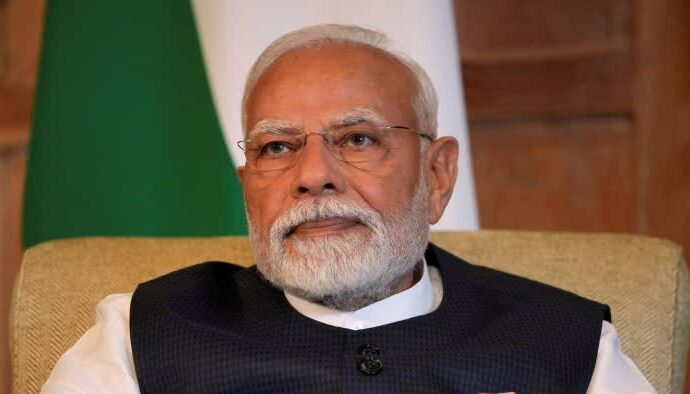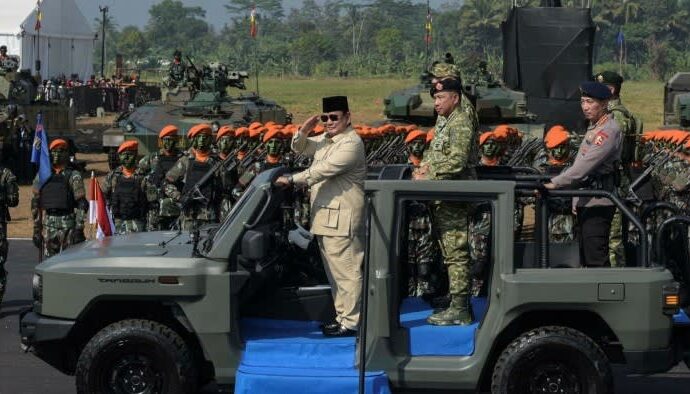Unlock the Editor’s Digest for free
Roula Khalaf, Editor of the FT, selects her favourite stories in this weekly newsletter.
Mongolia’s prime minister has resigned after losing a confidence vote, amid public anger at his son’s lavish spending, fuelling political uncertainty in a central Asian economy with vast mineral wealth.
Luvsannamsrain Oyun-Erdene, the Harvard-educated reformist who has led Mongolia since 2021, gained only 44 of the 64 votes he needed from lawmakers in a vote held in the early hours of Tuesday. Oyun-Erdene called the vote last week amid divisions in his party and as protests erupted over his son’s luxury lifestyle.
His Mongolian People’s party, which has been in a coalition government with two other parties since elections a year ago, is expected to try to form a government in the coming days.
The political turmoil leaves much at stake for Mongolia which emerged from a single-party political system under socialist control in the 1990s and only enlarged its parliament last year.
Oyun-Erdene has long sought investment from western mining groups to tap the country’s vast deposits of copper, uranium and other critical minerals, backing that could also give Ulaanbaatar a buffer against Beijing and Moscow.

He has spearheaded a plan to halve the poverty rate in the country of 3.5mn people to 15 per cent by the end of the decade. Underpinning that effort were hopes of longer-term foreign direct investment in resource extraction and processing, targeting GDP of $50bn by 2030, from $15bn in 2022.
Speaking ahead of the vote in Mongolia’s parliament, Oyun-Erdene sought to defend his record in the face of intensifying “political attacks” and the “convergence of major, visible and hidden interests”.
He pointed to recent economic accomplishments including increases in export revenues and GDP as well as a series of mega-projects including a $1.6bn investment agreement with France’s Orano Group to develop a uranium mine.
Oyun-Erdene however noted he paid “insufficient attention to social and internal political matters”. In late 2022 protests broke out over corruption in the coal sector.
Oyun-Erdene had championed the expansion of Rio Tinto’s Oyu Tolgoi mine in southern Mongolia.
His plan, coupled with his government’s progress in debt repayments and energy sector reforms, had buoyed investor hopes of a period of sustained economic and governance stability in Mongolia.
Credit agency Fitch in September upgraded the country’s long-term foreign currency ratings to B+ with a stable outlook. At the time Fitch noted the country forecast real GDP growth to average about 6 per cent in the two years to 2026 due to expansion in the mining sector and “solid” activity in other parts of the economy.
Bayanjargal Byambasaikhan, vice-chair and chair of the Business Council of Mongolia and a clean energy investor, said that, while many capital projects are “well under way”, the next government has a full plate of challenges amid fears of high inflation and decreasing export revenues.
“Coalition politics are never easy,” he said. “Mongolia is a striving democracy thus political change is something that investors should expect when making decisions.”
The prime minister’s office did not immediately comment.

